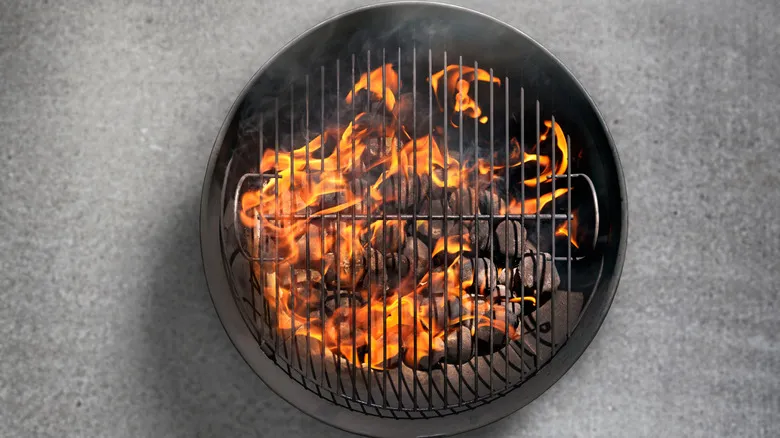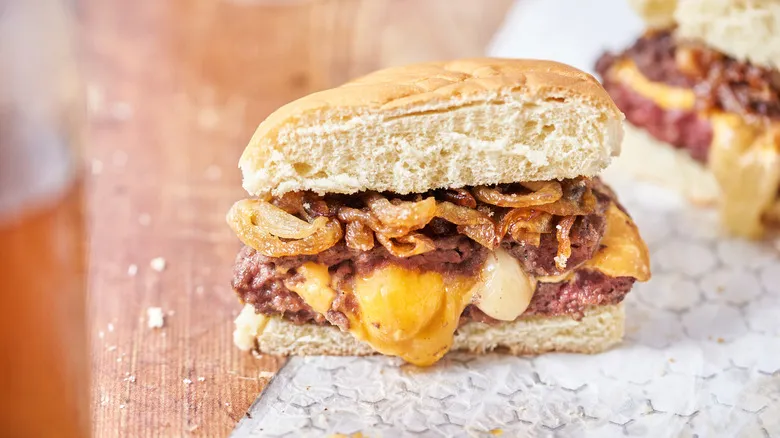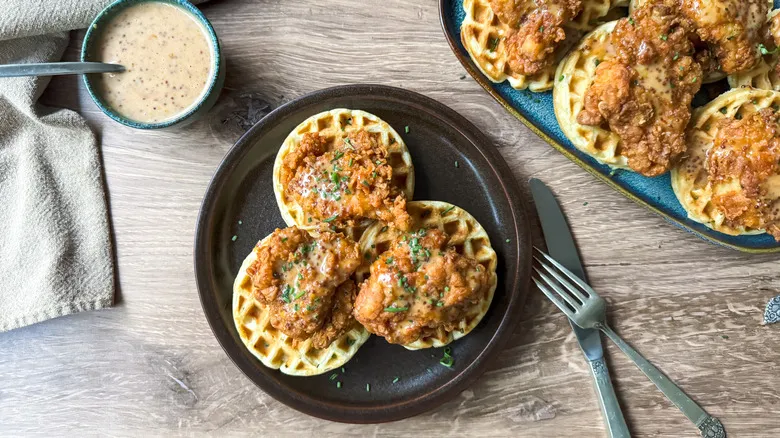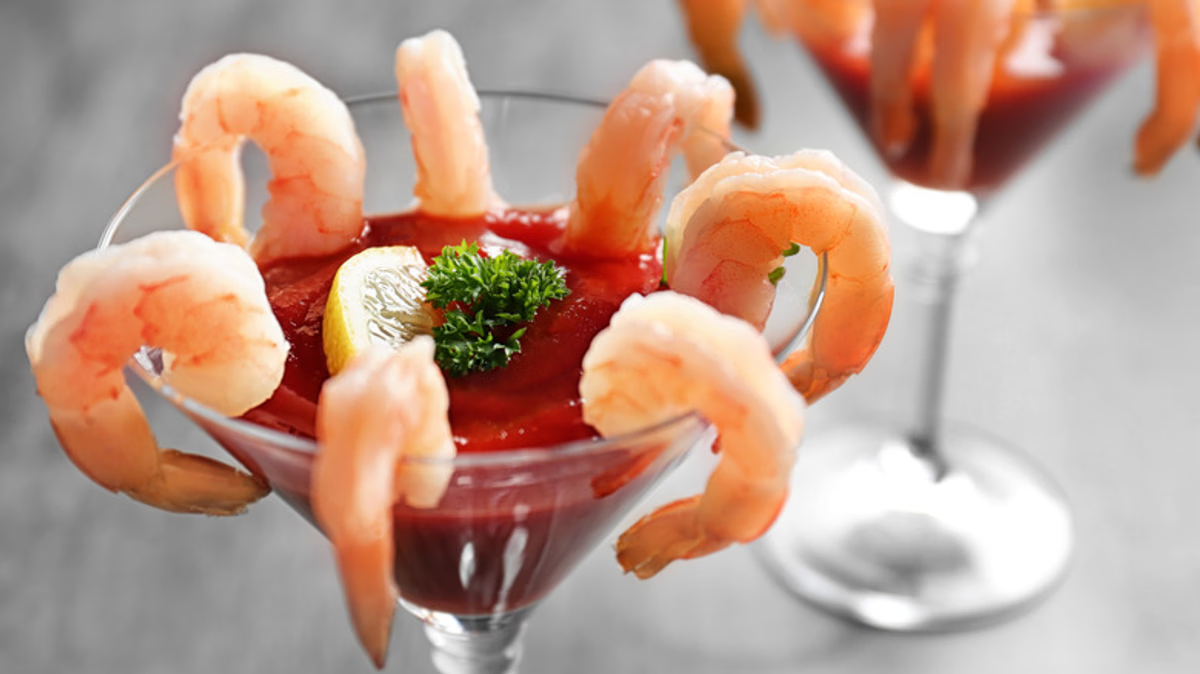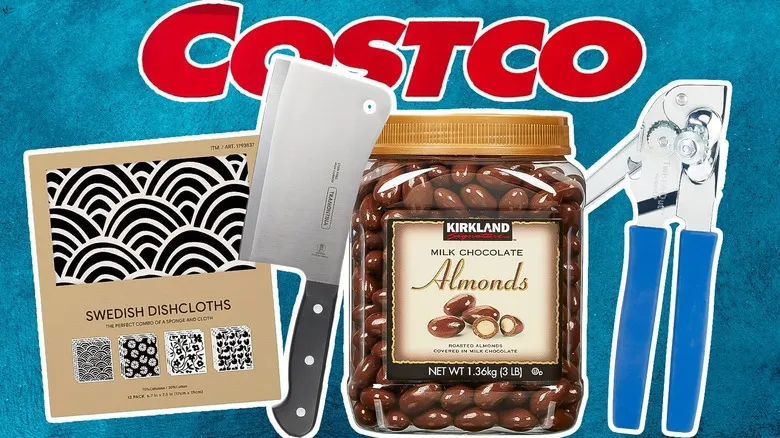More tips on oiling your grill grates
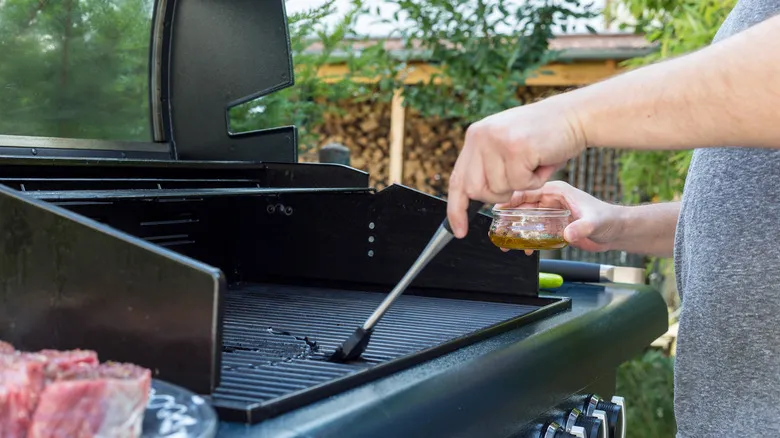
The key factors to consider when oiling your grill grates are the tools you use and the type of cooking oil you select. To minimize flare-ups, it's best to avoid cooking oil sprays and basting brushes, as they can be hard to control and, in the case of aerosol sprays, may even explode. A folded cotton cloth is the preferred applicator since it is sturdier than paper towels.
When choosing a cooking oil, opt for those with a high smoke point and a neutral taste. Oils like grapeseed, canola, and peanut oil are excellent choices, boasting smoke points above 400 degrees Fahrenheit. If you're unsure, vegetable oil is a safe bet, as most varieties have a high smoke point.
Lastly, consider whether your grill is an older model or brand new. If you have a new grill, there's an additional step before oiling the grates: preheat the grill on high for an hour. This will burn off the protective coating and eliminate any unpleasant odors. Once that's done, you can oil the grates as you normally would.
What to do if you get flare-ups
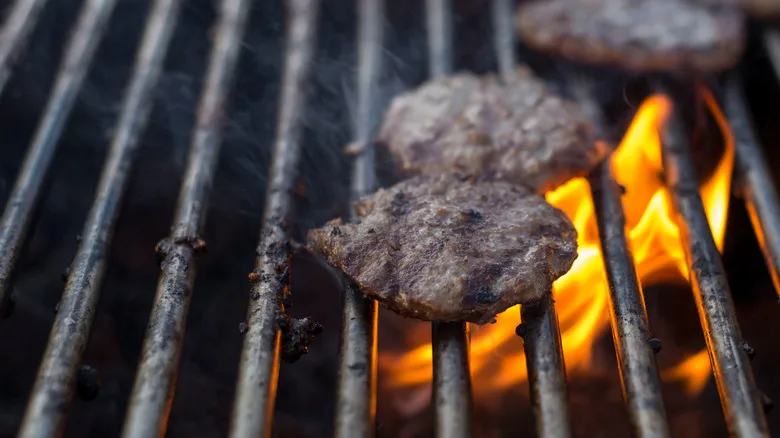
Even when you follow all the guidelines, it's still possible to experience some flare-ups. If you've grilled a few times, you're likely aware that minor flare-ups are quite common. Typically, these small bursts of flame will subside on their own without any intervention. However, if you're in the process of oiling the grates, stop immediately, as this indicates that oil is dripping onto the flames below. You can then wipe the grates to remove any excess oil.
The real issue arises when a small flare-up escalates into a grease fire. This is why it's essential to have safety measures in place, just in case (according to Delta Liquid Energy). The simplest precaution is to have the grill lid ready and to turn off the gas tank if applicable. Placing the lid over the fire will cut off its oxygen supply, allowing it to extinguish quickly. Alternatively, you can sprinkle baking soda (not baking powder) on the flames to put them out. For more serious fires, it's important to keep a fire extinguisher nearby to tackle any persistent flames.
Recommended
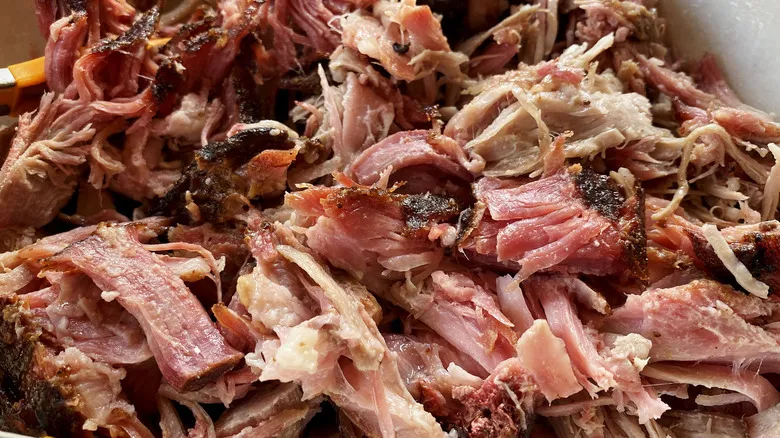
The Best Way To Reheat Pulled Pork (Without Drying Out The Sauce)
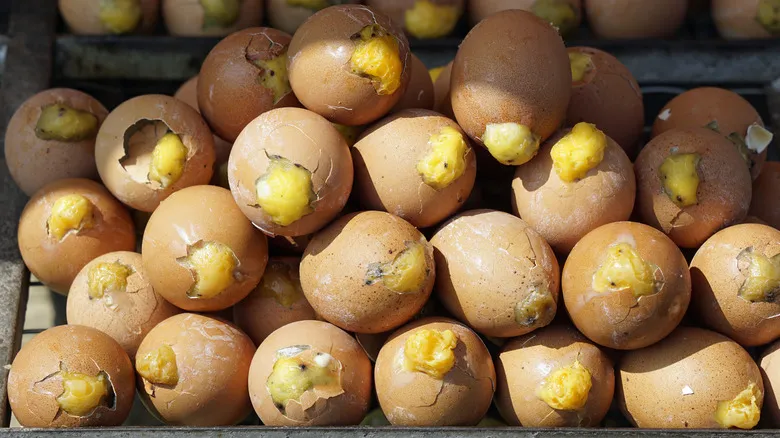
Yes, You Can Grill Eggs — Here's How
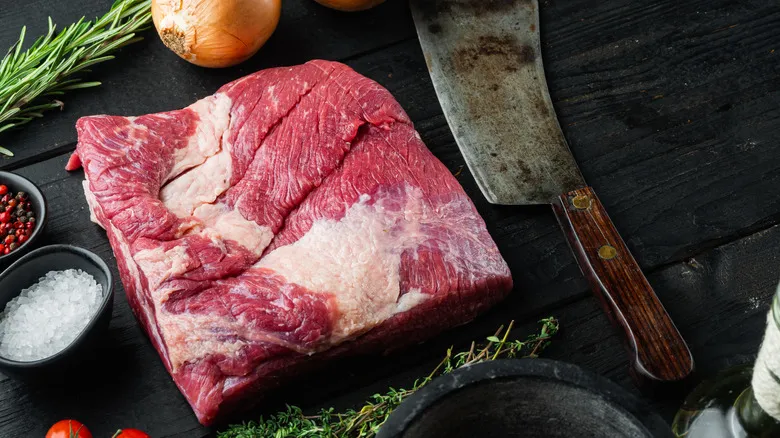
Can Someone Explain What A Deckle Of Beef Means?
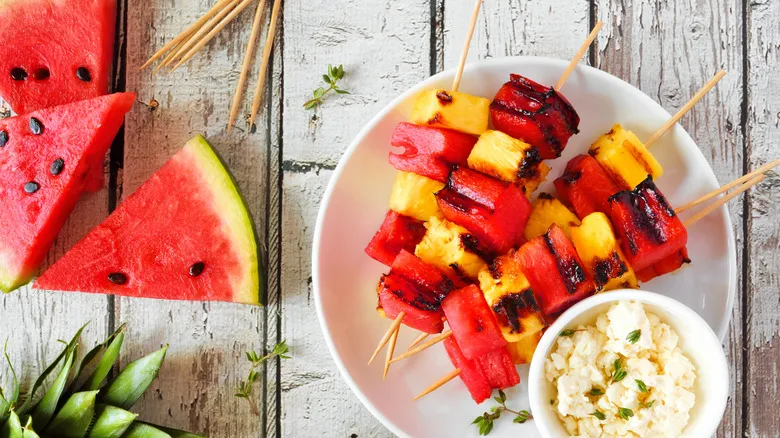
Grilled Fruit Kabobs Are The Only Way We Want To Eat Fruit Salad
Next up

